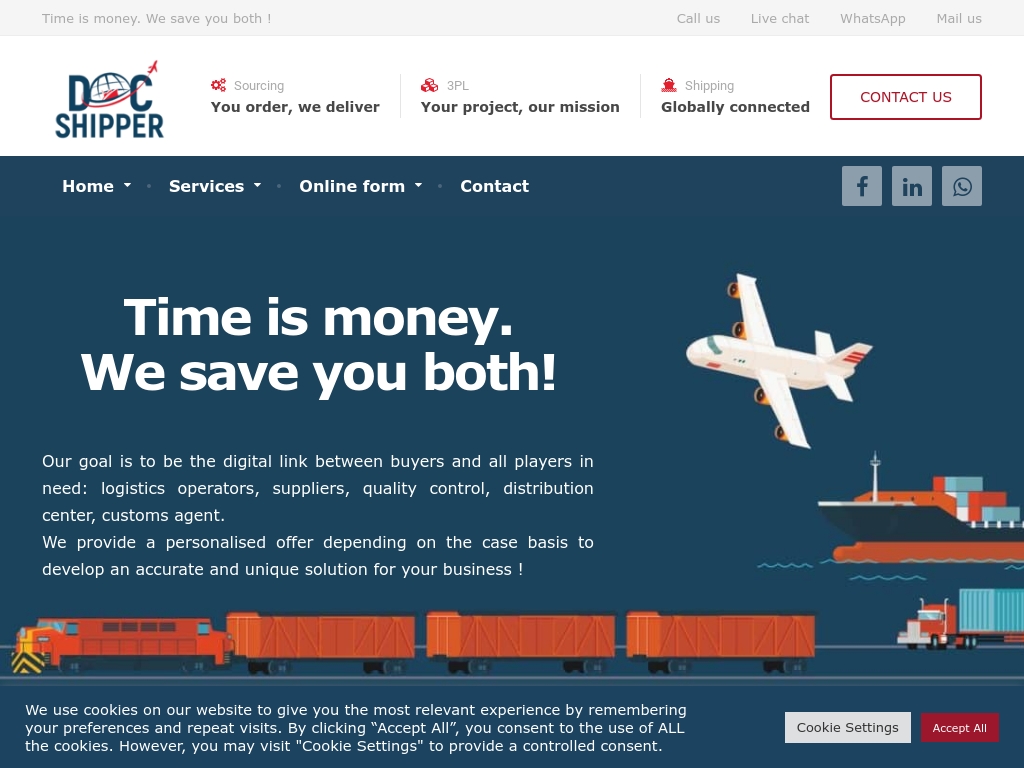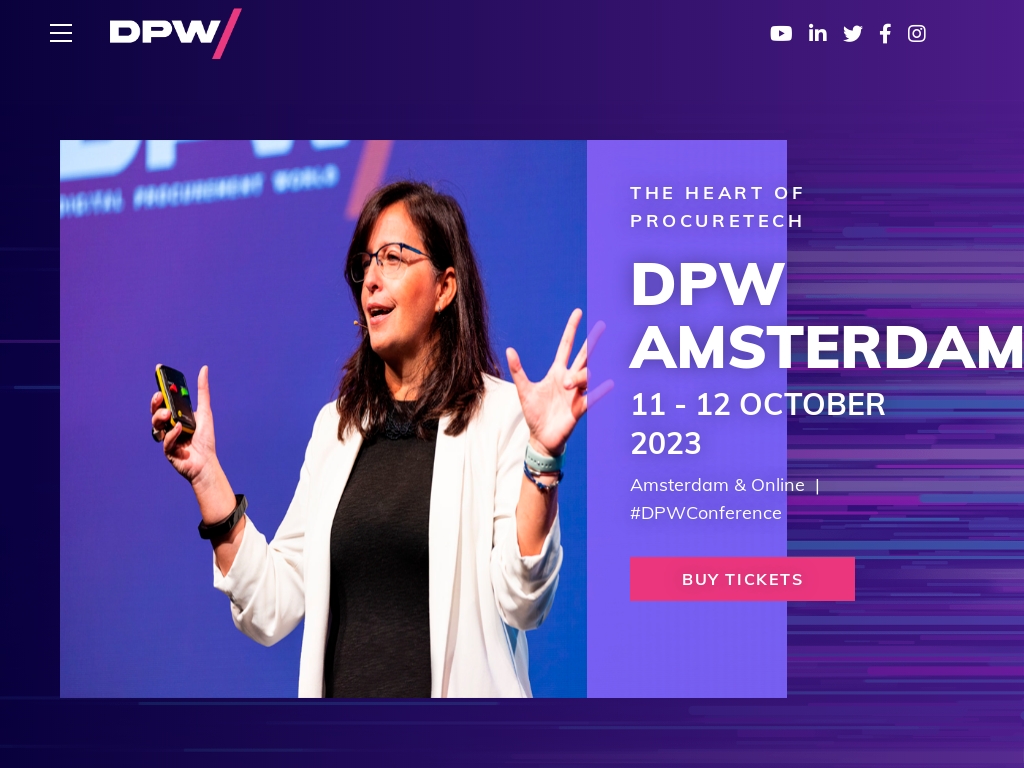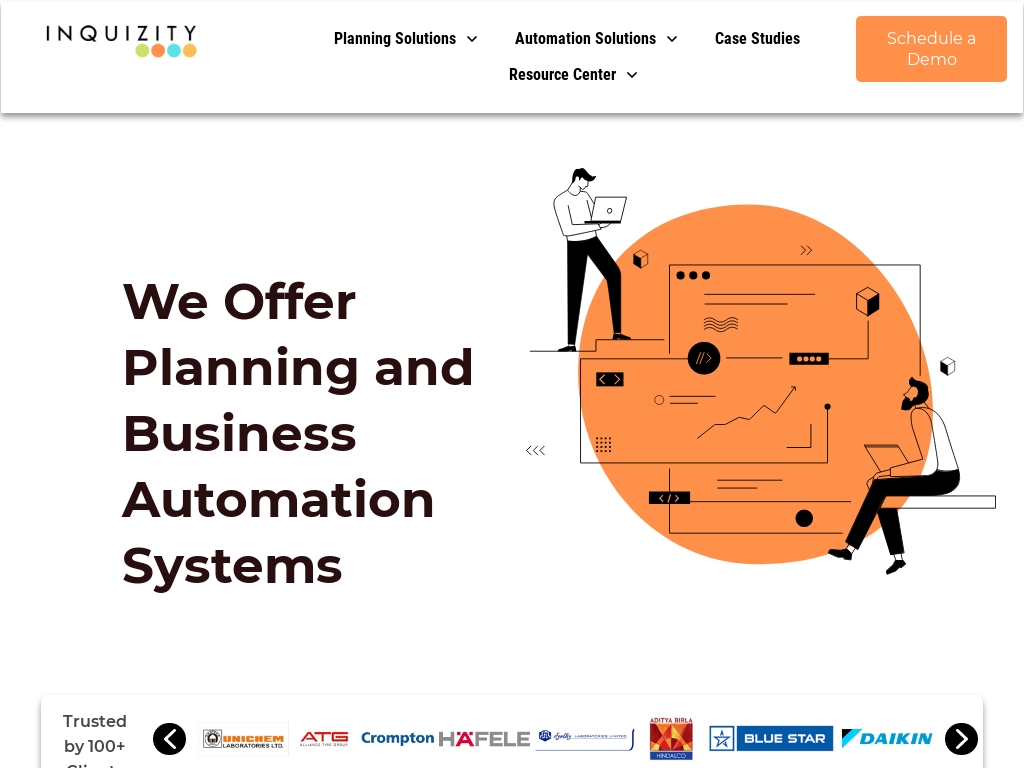
3 Supply Chain Management Business Success Stories [2025]
Imagine running the engine that keeps global trade and commerce moving- welcome to the world of supply chain management. This business idea encompasses the planning and execution of all processes that bring a product from the manufacturer to the consumer.
You'd be in charge of procuring raw materials, controlling production, monitoring inventory, and managing logistics for timely delivery. Picture it like being the brain of a business, systematically choreographing every move from obtaining a raw material to the point where it finally reaches a happy consumer.
The market for supply chain management services is vast and spans across multiple industries, resulting in a genuinely scalable enterprise. To operate in this essential but complex sector requires strategic thinking, an analytical mind, and solid organizational skills.
If you're someone intrigued by the nitty-gritty details that keep businesses running and hold a passion for logistics and planning, a supply chain management business might be the perfect fit for you. It's a business idea of high strategic value, yet teeming with potential for those who dare to tread this path.
In this list, you'll find real-world supply chain management business success stories and very profitable examples of starting a supply chain management business that makes money.
1. DocShipper ($13M/year)
Nicolas Rahmé, with a background in new technologies and geopolitics, co-founded DocShipper in 2018 with his brother after seeing a fragmented logistics industry ripe for disruption, achieving a staggering $4.9M turnover by 2021.
How much money it makes: $13M/year
How much did it cost to start: $50K
How many people on the team: 45


DocShipper is a digital freight forwarding and sourcing company that offers a one-stop-shop solution for companies and e-commerce business owners throughout the supply chain, which saw over 700% growth in 2021 with a turnover of $4.9 million.




2. Digital Procurement World (DPW) ($1.95M/year)
Matthias Gutzmann, the CEO and Founder of DPW, came up with the idea for his business when he realized that existing procurement conferences were expensive, lacked diversity, and failed to attract startups and investors. He left his job in New York, moved back to Germany, and invested his personal savings to launch DPW. Leveraging his extensive network and applying social selling techniques, Matthias successfully created a buzz and attracted sponsors, delegates, and startups to his conference, leading to exponential growth and €1.8M in revenue in 2022.
How much money it makes: $1.95M/year
How much did it cost to start: $10.8K
How many people on the team: 6


DPW (Digital Procurement World) is a fast-growing conference and community in procurement that has more than tripled in revenue since launching in 2019, capping out the year at €1.8 million, with 95% of their growth coming from inbound traffic leveraging LinkedIn and applying social selling techniques.




3. Inquizity Metanoia ($360K/year)
Ramesh Krishnamurthy, an IIM Ahmedabad alumnus, identified a gap in supply chain planning during his SAP ERP implementation in a jewelry factory. Seeing many companies still relying on Excel for planning, he founded Inquizity, now serving over 120 clients with cutting-edge solutions like dataSAVI.
How much money it makes: $360K/year
How much did it cost to start: $45K
How many people on the team: 25


Inquizity, a B2B supply chain solutions company founded by Ramesh Krishnamurthy, developed an end-to-end supply chain planning solution that includes 120+ clients across various industries and a low-code PWA-based automation platform called dataSAVI, which helped the company bring in over $30K per month.





Download the report and join our email newsletter packed with business ideas and money-making opportunities, backed by real-life case studies.

Download the report and join our email newsletter packed with business ideas and money-making opportunities, backed by real-life case studies.

Download the report and join our email newsletter packed with business ideas and money-making opportunities, backed by real-life case studies.

Download the report and join our email newsletter packed with business ideas and money-making opportunities, backed by real-life case studies.

Download the report and join our email newsletter packed with business ideas and money-making opportunities, backed by real-life case studies.

Download the report and join our email newsletter packed with business ideas and money-making opportunities, backed by real-life case studies.

Download the report and join our email newsletter packed with business ideas and money-making opportunities, backed by real-life case studies.

Download the report and join our email newsletter packed with business ideas and money-making opportunities, backed by real-life case studies.












